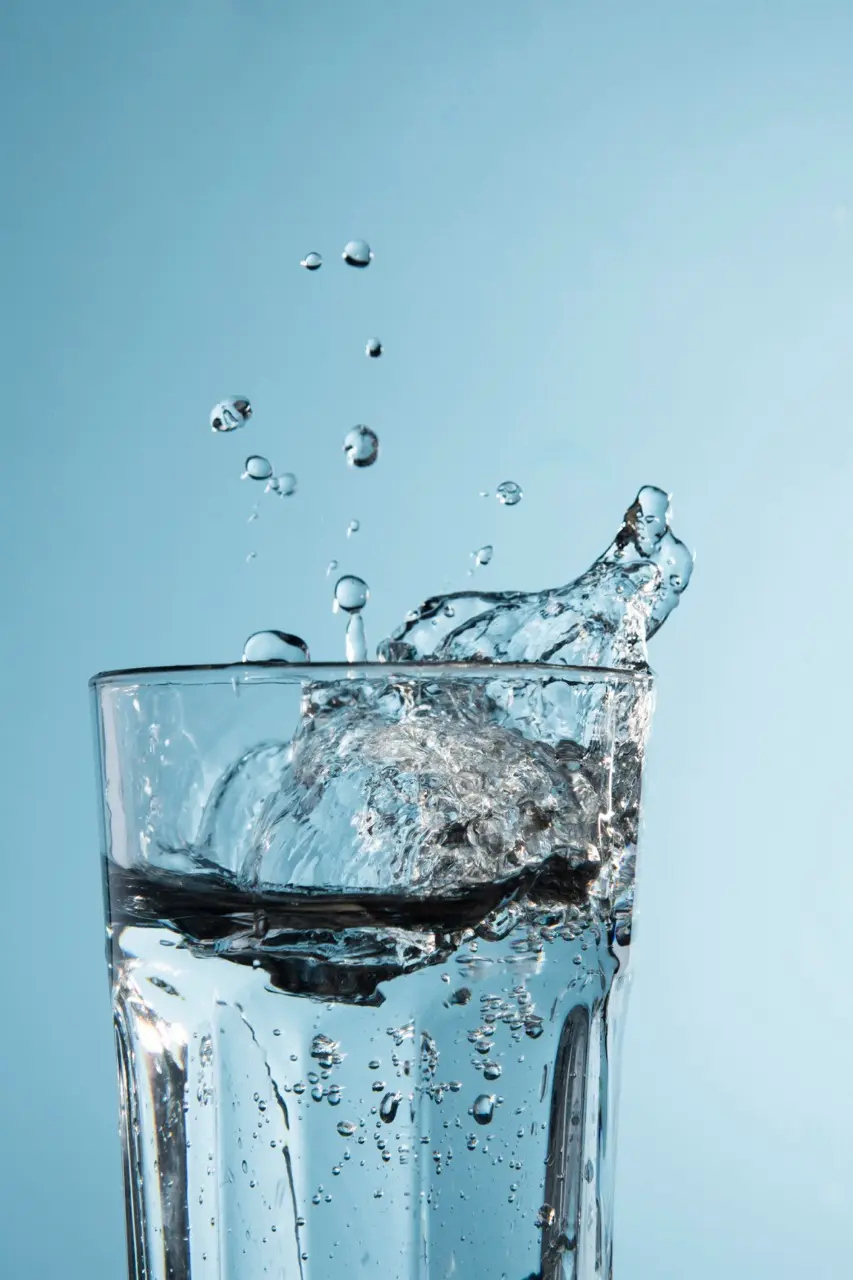
February 11, 2025
Margit Hiebl
- Food
Tips from the water sommelier: All about water
Water as a delicacy - a science unto itself. And for connoisseurs, the eternal dilemma between "matching" and "contrasting." A water sommelier explains ...

February 11, 2025
Margit Hiebl
Water as a delicacy - a science unto itself. And for connoisseurs, the eternal dilemma between "matching" and "contrasting." A water sommelier explains ...
Pat Eckert is a certified water sommelier and dealer. He advises upscale gastronomy and hotels . Private customers also come to tastings to develop a taste for the finer things. His portfolio includes 45 brands from 25 countries, including his own water brand, "AqaFinelli," which has just been nominated for the "Zenith Global Water Drinks Award" in the categories "Best Natural Still Water" and "Best Natural Sparkling Water."
When I work with restaurateurs, my job is to find out which water fits in this restaurant to exactly this dish at exactly this time of year. By that I don't mean an oversized water menu with sinfully expensive premium brands, but I think you should present a few alternatives to the house water. This can be a regional brand plus a free table water and then two to four special brands that the restaurateur knows go with special dishes particularly well in his restaurant.

Water sommelier Pat Eckert at a masterclass on the topic of water
In food pairing there are two concepts: matching or contrasting. With fish, I would always recommend matching, because we want to taste the lightness of the fish. That means: a light water with little minerality, i.e. a mineral content of a maximum of 200 milligrams per liter. A highly mineralized sparkling water covers everything. With a spicy steak it would complement the richness of the dish, just like we do with beer.
As a water sommelier, I'd first have to ask: with which coffee and wine ? Generally, I would tend to match with red wine, because I want the wine to be in the foreground and the water to be the companion. So: a still water with low mineralization. If the wine is heavier and matches the complexity of the water, you can go higher. It just shouldn't contain too much calcium, because that leads to dry mouth. Since red wines also have this effect, it would only be unnecessarily intensified.
For white wines, I recommend a rather lighter water. It doesn't need a strong fizz either, which with its acidity or slightly citrus note takes too much from the wine's aroma. With spritzers, it's about the mixture: The more wine, the more fizz the water – so that it tastes like spritzer down to the bottom of the glass and not like stale wine.
You can easily try this with an example using espresso. You usually get a glass of still water to drink afterwards. It would be better to have sparkling water, preferably with a lot of fizz and big bubbles - of which you take a sip or two before the espresso. The force of the carbonation opens up the taste buds on the tongue and allows the aroma of the coffee to fully develop. If you then take a sip of coffee and a sip of water, you can taste the full variety of aromas. The last sip should be espresso, because this way the wonderful taste lingers for a long time.